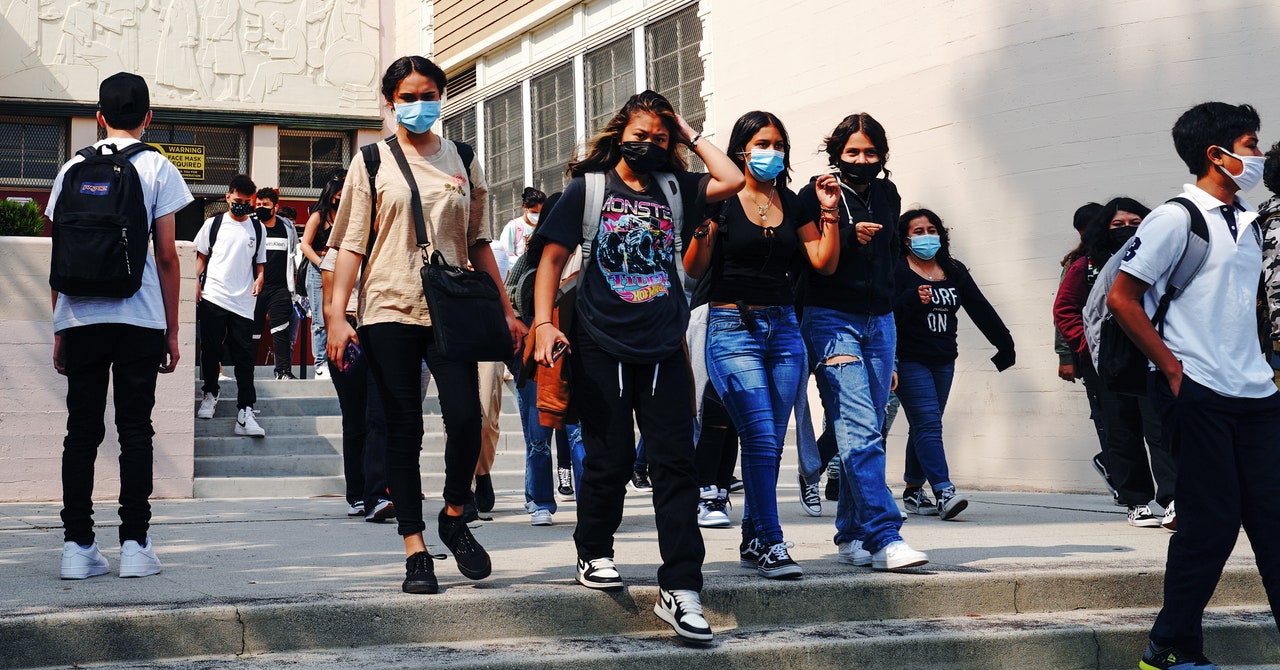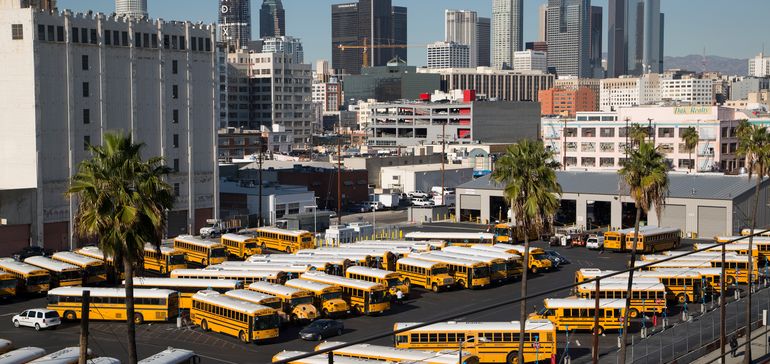Luukas Ilves, Gulsanna Mamediieva, and David Eaves, with Vice Prime Minister of Ukraine Mykhailo Fedorov
David: Ukraine offers a window into a collective future about how we might face the coming crises. Ukraine happens to be facing an existential crisis created by an illegal war committed by its neighbor, but all countries are facing climate change crises, financial crises, and possible future pandemics. So, a country’s responsive capacity – Sana talked about her government’s resilience – to those things is going to be core to determining trust in government. If we want democracies to survive, they have to perform well. We need digital-era governments to respond to 21st-century problems. That means having the flexibility and the capacity to be able to do that. That’s what the Estonians have and it’s what the Ukrainians are showing us: how digital fits into that capacity building. For me, a big takeaway from the convening was how much climate change is going to drive this need. If there are going to be 10 million internationally displaced people in 50 countries around the world over the next 20 years, we’re going to need some capacity to serve those people when they lose their houses and are roaming around your country. The only way a country is going to be able to do that is if it has a digital solution.
Luukas: We hope these stories are inspiring for people interested in digital public infrastructures. Many countries in the world tend to be very pessimistic about the public sector’s capacity to do these things. That becomes a self-fulfilling prophecy. The most important thing is, whatever your position, be demanding of your government. Because there’s no inherent law that says the government has to be bad at technology. The more positive pressure there is from the people to do better, the greater the country’s chances of success.
Sana: I’d encourage people to find energy and inspiration in democracy. Citizens should have higher expectations from the government for the services that they receive. Especially in terms of convenience and user experience. But for those people who work specifically in this sphere, it requires a lot of energy, persistence, and flexibility to overcome obstacles. What I took from the convening was that everyone, on every level, has to…



